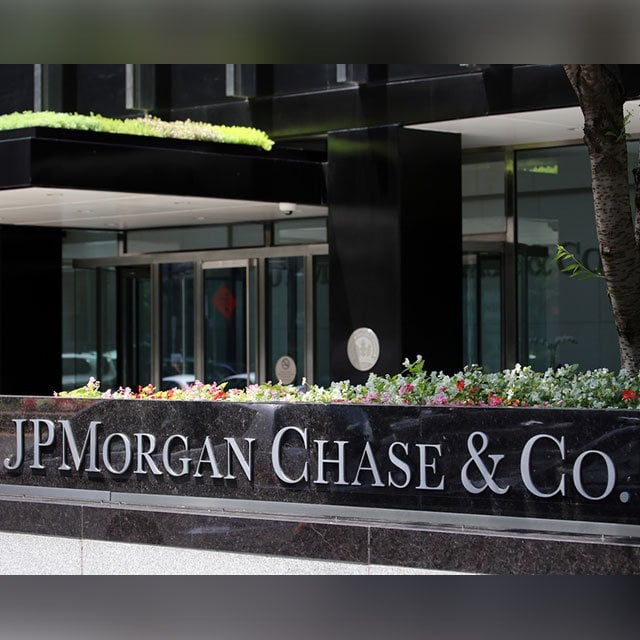JPMorgan to Pay $18M Over Whistleblower Violations

In addition, the order continues, “even though the agreements permitted clients to respond to SEC inquiries, they did not permit clients to voluntarily contact” the SEC.
“Whether it’s in your employment contracts, settlement agreements or elsewhere, you simply cannot include provisions that prevent individuals from contacting the SEC with evidence of wrongdoing,” said Gurbir Grewal, director of the SEC’s Division of Enforcement in a statement. “But that’s exactly what we allege J.P. Morgan did here.”
For several years, “It forced certain clients into the untenable position of choosing between receiving settlements or credits from the firm and reporting potential securities law violations to the SEC,” Grewal explained. “This either-or proposition not only undermined critical investor protections and placed investors at risk, but was also illegal.”
Investors “must be free to report complaints to the SEC without any interference,” explained Corey Schuster, co-chief of the Enforcement Division’s Asset Management Unit. “Those drafting or using confidentiality agreements need to ensure that they do not include provisions that impede potential whistleblowers.”
The SEC’s order finds that the bank’s securities unit violated Rule 21F-17(a) of the Securities Exchange Act of 1934, a whistleblower protection rule that prohibits taking any action to impede an individual from communicating directly with the SEC staff about possible securities law violations.




